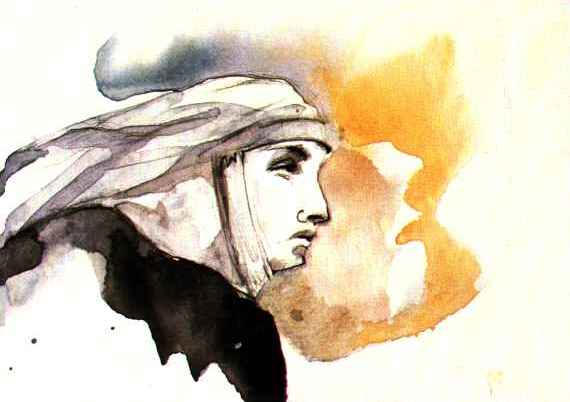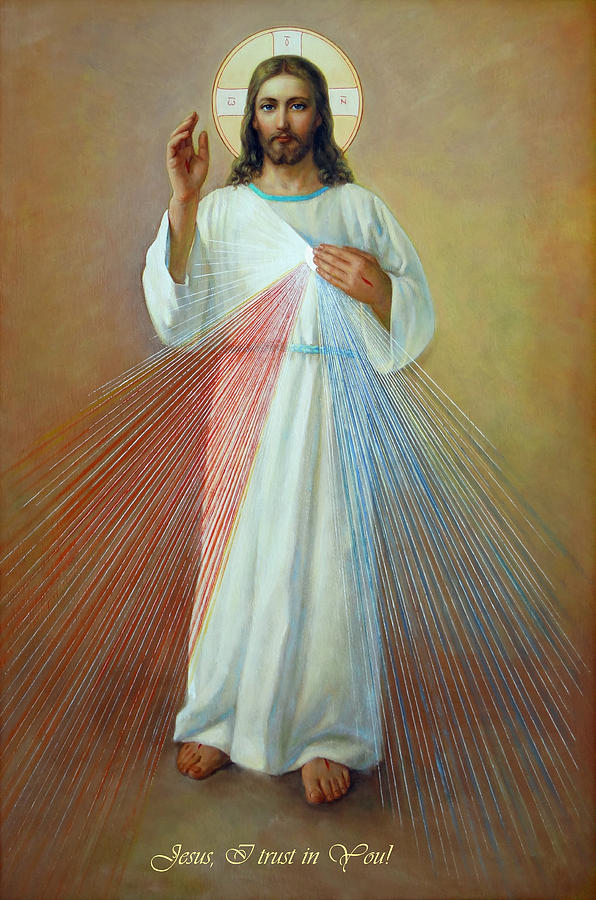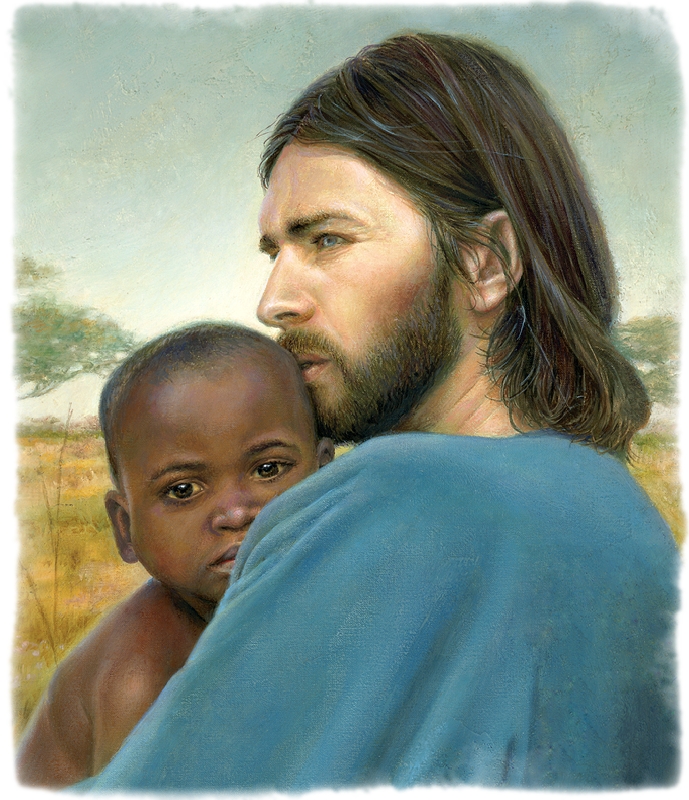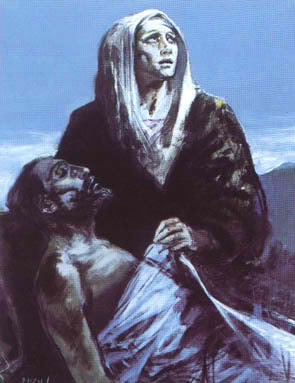| The Church is founded upon the rock which Peter acknowledged |
|---|
God
never ceases to provide the human race with consolations in misfortune.
But in addition to these, in the fullness of time, when he himself knew
it should be done, he sent his own only-begotten Son through whom he
created all things While remaining God, his Son was to become man and be
the mediator between God and men, the man Jesus Christ.
Those who believed in him through baptism were freed
from the guilt of all their sins, freed from eternal damnation to live
in faith, hope and love. On their journey among the trials and dangers
of this world, they received the consolations of God, both in body and
in spirit. They were to walk in his sight, keeping to the path which
Christ made for them.
But even while walking on this path they were not
without sin, since it develops subtly out of human weakness. Therefore
Christ gave the saving remedy of charity to help them in their prayers,
for he taught them to say: Forgive us our sins as we forgive those who
sin against us.
Such is the practice which the Church in blessed hope
carries out in this life of suffering. Now the apostle Peter, because of
the primacy of his apostleship, stood as a symbol of the entire Church.
In himself he was by nature one man, by grace one
Christian, by a more abundant grace an apostle and the chief of the
apostles. But Christ said to him: To you I shall give the keys of the
kingdom of heaven and whatever you will bind upon the earth will be
bound also in heaven and whatever you will forgive upon the earth will
be forgiven also in heaven. Now these words applied to the entire
Church. In this life it is shaken by various trials, as if by rains,
floods and tempests, but it does not fall because it is founded upon the
rock from which Peter received his name.
The Lord said: Upon this rock I shall build my Church
because Peter has first said: You are Christ, the Son of the living God.
The Lord was really saying: I shall build my Church upon the rock which
you have acknowledged. For the rock was Christ, and upon this
foundation even Peter himself was raised up. Another foundation indeed
no one can lay except that which was laid, which is Jesus Christ.
The Church, which is founded upon Christ, received
from him the keys of the kingdom of heaven, that is, the power of
binding and forgiving sins, in the person of Peter. Therefore this
Church, by loving and following Christ, is set free from evil. But this
is even more the case with those who fight in behalf of truth even to
the death.





